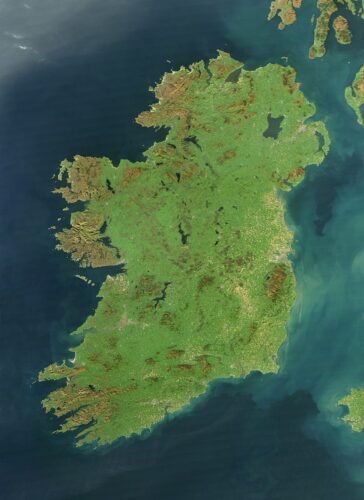For individuals looking to reconnect with their family heritage, explore new horizons abroad, or secure the flexibility of a second passport, citizenship by descent offers a compelling avenue. Across at least 50 countries worldwide, varying paths exist for individuals to acquire citizenship based on familial ties. However, the journey to dual citizenship is often labyrinthine, fraught with bureaucratic complexities and lengthy processes.
Countries such as France, Australia, Canada, Mexico, the United Kingdom, Norway, Denmark, Nigeria, Kenya, Brazil, South Korea, and the Philippines require applicants to demonstrate jus sanguinis—right of blood—by proving at least one parent’s citizenship at the time of their birth. Conversely, other nations maintain more flexible criteria, enabling individuals to trace ancestry further back with appropriate documentation and financial commitment, typically ranging from six months to three years for the entire process.
Here’s a glimpse into some nations where Americans have favorable prospects for acquiring citizenship through ancestry, even across multiple generations:
Ireland
With nearly 10% of Americans identifying as partially or fully Irish American, Ireland offers a straightforward citizenship-by-ancestry program. Eligible candidates must trace their lineage to at least one parent or grandparent with Irish citizenship. The process involves filing with the Foreign Birth Registration, taking approximately 12 to 18 months, followed by additional steps to obtain dual citizenship and an Irish passport, granting access to 186 countries and European Union mobility.
Germany
For those envisioning European adventures, Germany provides avenues to citizenship for individuals born before 1975 with a German father or born thereafter with German parentage. Requirements extend to proving ancestral ties, including those impacted during Nazi rule. Assistance from citizenship services and genealogical firms like Polaron is advisable for navigating eligibility and procedural complexities.
Poland
Americans with lineage tracing back to Poland since its independence in 1918 may qualify for Polish citizenship through direct descent. The process demands unbroken chains of citizenship, necessitating meticulous legal and documentary proof managed by professional firms like Polaron and Nomad Capitalist.
Israel
Israeli citizenship beckons for individuals born to Israeli parents or through the Law of Return, which accommodates Jewish heritage and faith connections. The streamlined application process underscores ties to Israel, offering a pathway to citizenship with mandatory military service for non-Arab Israeli citizens aged 18 and above.
India
Indian citizenship by descent spans generations, offering pathways to those born to Indian citizen parents between 1950 and 2003, supplemented by Overseas Citizen of India cards for broader residential rights. Documentation validation remains crucial, encompassing birth, marriage, and education records.
Italy
Italy’s liberal citizenship-by-descent provisions extend to descendants of Italian grandparents and great-grandparents. The meticulous process, involving documentation retrieval and legal consultations, spans several years but grants access to Italy’s cultural riches and European Union privileges.
Navigating these pathways requires meticulous preparation, legal guidance, and patience, but for many Americans, the rewards of dual citizenship—enhanced mobility, cultural ties, and expanded opportunities—are well worth the investment in time and effort.
By: Big Sky Headlines staff

